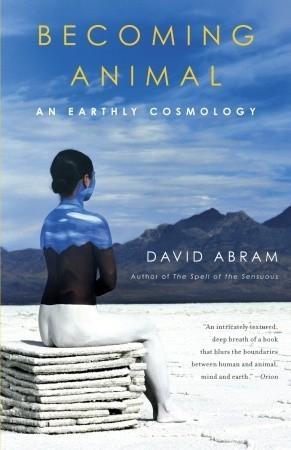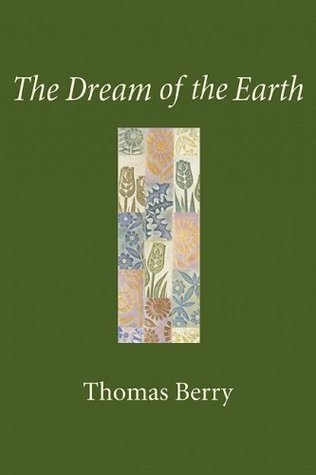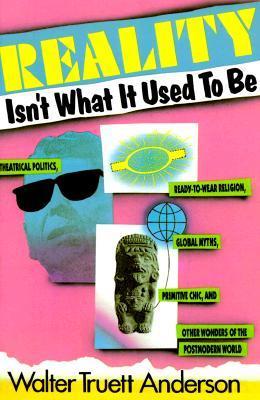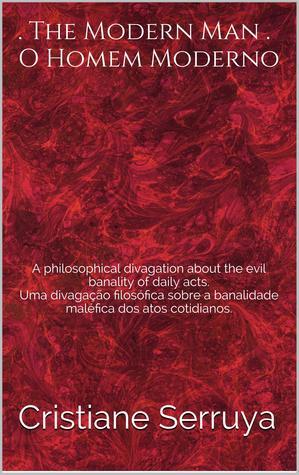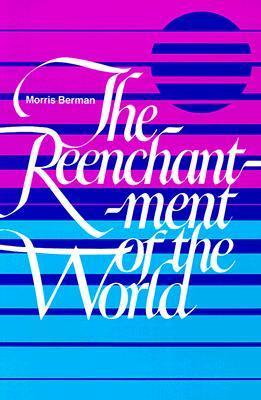
The Reenchantment of the World
Book Description
Imagine a world stripped of wonder, where technology reigns and the soul is lost in the grind of modernity. Morris Berman embarks on a bold quest to revive the magic of existence, weaving together philosophy, history, and culture to reveal how enchantment has faded from everyday life. With piercing insights and a passionate call for reconnection with nature and community, he challenges the very foundations of contemporary thought. This powerful exploration inspires a profound realization: can humanity reclaim its sense of wonder before it’s too late? Dive into a journey that questions the essence of life itself.
Quick Book Summary
"The Reenchantment of the World" by Morris Berman is a sweeping critique of the modern age, exploring how the rise of science, rationalism, and industrial society has led to the disenchantment of human experience. Berman traces the historical roots of this disenchantment, examining how the mechanistic worldview of the scientific revolution replaced humanity’s intimate connection with nature, spirituality, and community. He demonstrates how this shift has not only led to ecological degradation but has also eroded the sense of meaning and wonder in our lives. Drawing on philosophy, science, history, and anthropology, Berman advocates for a reinvigorated sense of enchantment—one rooted in holistic thinking, ecological awareness, and restored communal bonds. His work is a passionate call for cultural renewal, urging readers to reclaim a deeper, more meaningful relationship with the world.
Summary of Key Ideas
Table of Contents
The Rise and Consequences of Scientific Rationalism
Morris Berman begins by chronicling the historical transformation brought on by the rise of scientific rationalism and the mechanistic philosophy of the early modern period. Before the seventeenth century, people viewed the world as alive, mysterious, and interconnected, imbued with spiritual significance. The advent of science, however, introduced a new way of seeing: the universe became a vast machine, governed by mathematically precise laws, which replaced a participatory engagement with nature with a cold, objective stance. This shift underpinned not only scientific progress but a fundamental change in how people understood themselves and their place in the cosmos.
Disenchantment and Its Impact on Human Life
Berman delves into the psychological and social consequences of this disenchantment. As the sense of the sacred was pushed to the margins, modern individuals became increasingly alienated—from nature, from each other, and even from their own inner lives. The dominance of rationality and instrumental thinking led to a focus on efficiency, productivity, and material progress at the expense of emotional depth, communal ties, and environmental stewardship. The result has been a culture marked by anxiety, ecological destruction, and a pervasive sense of meaninglessness.
The Loss of Holistic and Ecological Perspectives
Central to Berman’s analysis is the loss of holistic and ecological thinking. Ancient cultures and pre-modern societies regarded the world as an interconnected whole, appreciating patterns and relationships rather than merely dissecting parts. Modern science, for all its benefits, has fragmented reality, encouraging the illusion that humans are separate from the natural world. Berman argues that this split is at the root of ecological crises and the depletion of the human spirit, urging a renewed respect for the complex webs that bind all living things.
Potential for Cultural and Spiritual Renewal
Despite these grim diagnoses, Berman offers hope and direction. He points to practices and philosophies that embody reenchantment—such as depth psychology, Eastern spirituality, and the ecological movement. Embracing holistic perspectives, fostering genuine community, and cultivating a sense of wonder can help repair the rift between humanity and nature. Berman’s recommendations are not nostalgic but forward-looking, suggesting that integrating ancient wisdom with modern knowledge can guide us toward a more balanced and meaningful existence.
Reintegrating Community and Nature
Ultimately, "The Reenchantment of the World" calls for a transformation in consciousness. Berman believes that humanity stands at a crossroads: we can either continue down the path of alienation and destruction, or consciously work to rediscover enchantment in everyday life. By reintegrating ourselves with nature and each other, reconnecting to both outer and inner worlds, it is possible to foster a culture that values depth, sustainability, and wonder—offering hope that, before it’s too late, the magic of existence can be reclaimed.
Download This Summary
Get a free PDF of this summary instantly — no email required.

